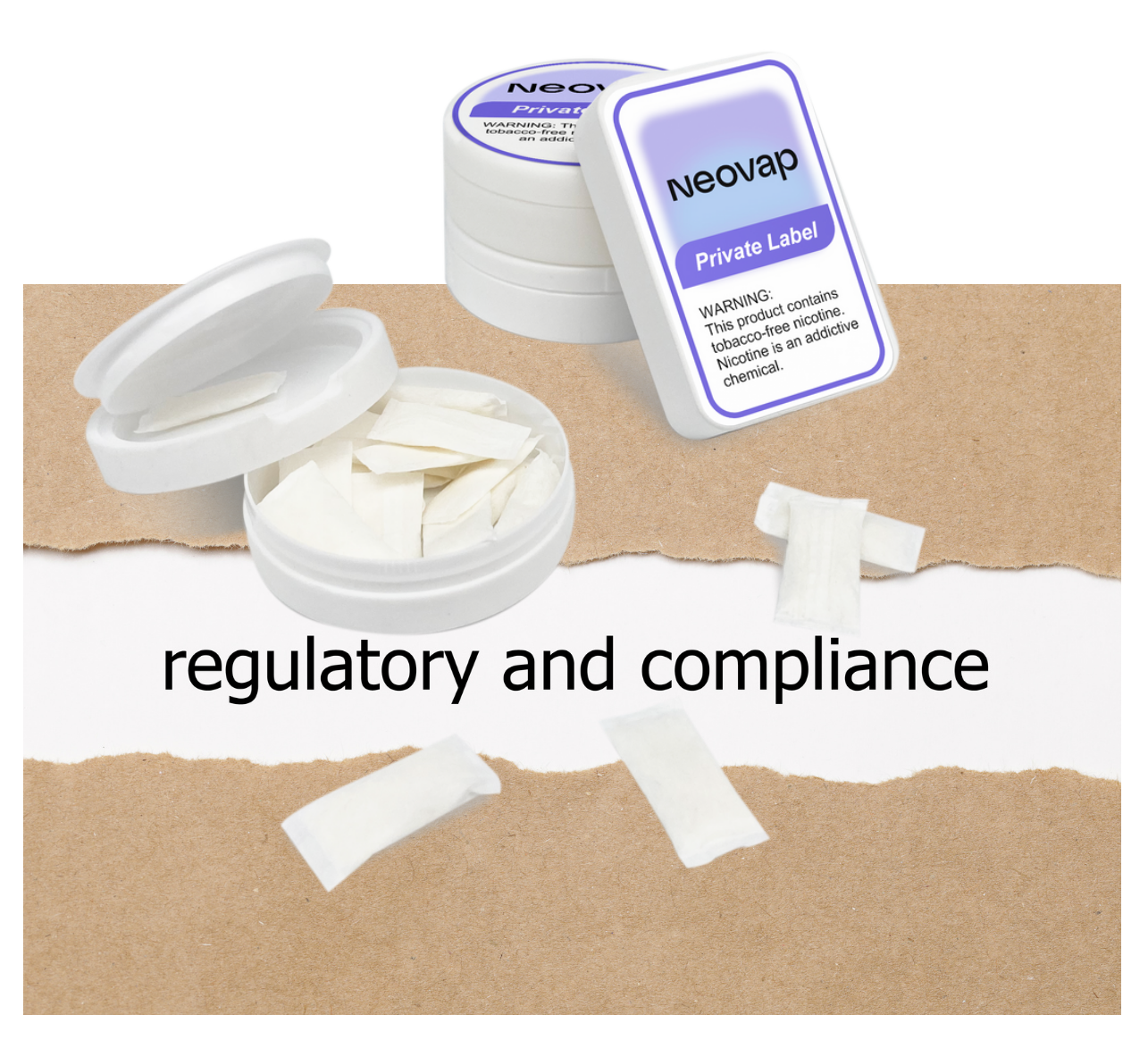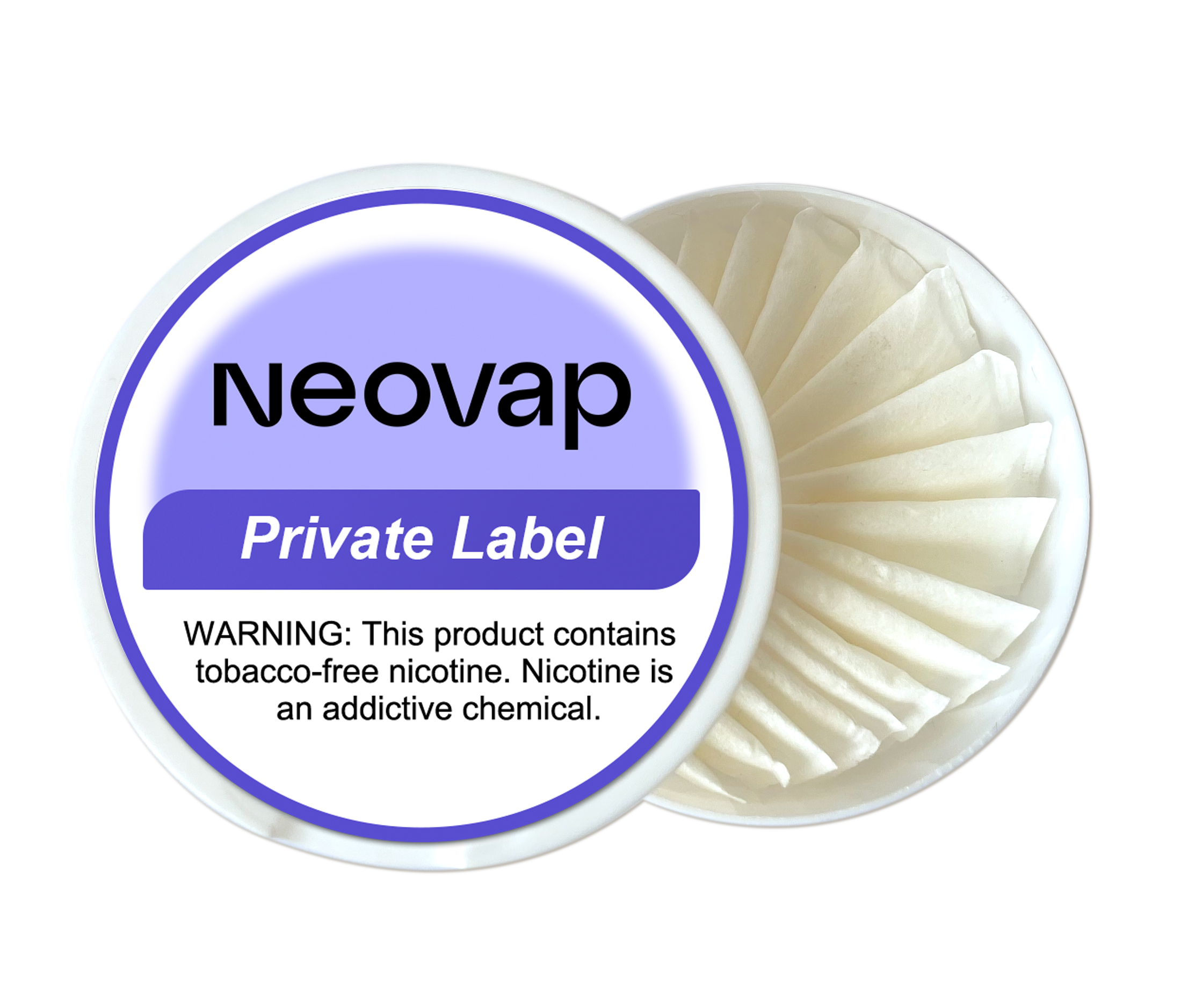Nicotine pouches are gaining popularity as a smoke-free alternative to traditional tobacco products. However, the regulatory landscape for these products varies significantly across the globe. Understanding the regulatory requirements for nicotine pouches in different countries is crucial for manufacturers, retailers, and consumers. This article provides an in-depth look at how different nations regulate nicotine pouches.

Regulatory Requirements for Nicotine Pouches
United Kingdom
In the UK, nicotine pouches are classified as non-tobacco nicotine products and are regulated as consumer goods. They are widely available for purchase but must comply with strict labeling and health warning requirements. This approach ensures consumer safety while allowing market access for these products.
Canada
Canada takes a stringent approach, classifying nicotine pouches as tobacco products. This means they are subject to the same regulations as traditional tobacco products, including restrictions on sale and importation unless authorized by Health Canada. The regulatory framework in Canada aims to minimize potential health risks associated with nicotine consumption.
Australia
Australia’s regulatory stance is particularly cautious. Nicotine pouches fall under the Tobacco Products Regulation Act and can only be obtained with a prescription. This stringent control is part of the Australian government’s broader strategy to closely monitor and regulate nicotine consumption.
Sweden
Sweden stands out for its permissive stance on snus, a type of nicotine pouch containing tobacco. Snus is legal and widely used within Sweden, but its sale is prohibited in many other European Union countries. Sweden’s regulatory approach is influenced by its long history with snus and its perceived lower health risks compared to smoking.
Japan
Japan presents a unique case where nicotine pouches exist in a legal gray area. These products are not explicitly regulated as tobacco but do not fall under any other specific category either. Consequently, they can be sold, but the regulatory framework remains unclear, posing potential challenges for both consumers and businesses.
Denmark
Denmark regulates nicotine pouches as consumer goods, distinct from tobacco products. This classification allows for the sale of nicotine pouches with minimal restrictions, although compliance with labeling and consumer protection regulations is required.
United States
In the United States, the FDA classifies nicotine pouches as tobacco products, subjecting them to stringent regulations concerning manufacturing, marketing, and distribution. Additionally, individual states may impose further restrictions, particularly regarding sales and age limits.
European Union
The European Union’s regulatory framework, under the Tobacco Products Directive, imposes specific regulations on labeling, packaging, and advertising of nicotine pouches. However, individual member states like Finland and Spain may have additional national regulations that are often more restrictive.
Other Notable Countries
- New Zealand: Nicotine pouches are banned unless they are approved as medicinal products.
- Singapore: Completely bans the sale and use of nicotine pouches.
- South Africa: Treats nicotine pouches similarly to tobacco products, with strict controls on their sale and marketing.
- United Arab Emirates: Allows the sale of nicotine pouches under specific regulatory conditions related to advertising and packaging.
The regulatory requirements for nicotine pouches vary widely across different countries, reflecting diverse health priorities and regulatory philosophies. Staying informed about these regulations is crucial for anyone involved in the production, distribution, or consumption of nicotine pouches.
For detailed information, you can refer to comprehensive reports from the Johns Hopkins Institute for Global Tobacco Control and the Tobacco Control Journal (BMJ Tobacco Control) (Hopkins Public Health) (Snusville).
By understanding the regulatory landscape, stakeholders can better navigate the complexities of the global market for nicotine pouches. For those interested in producing these products, consider exploring nicotine pouch OEM services to ensure compliance with local regulations and market demands.


